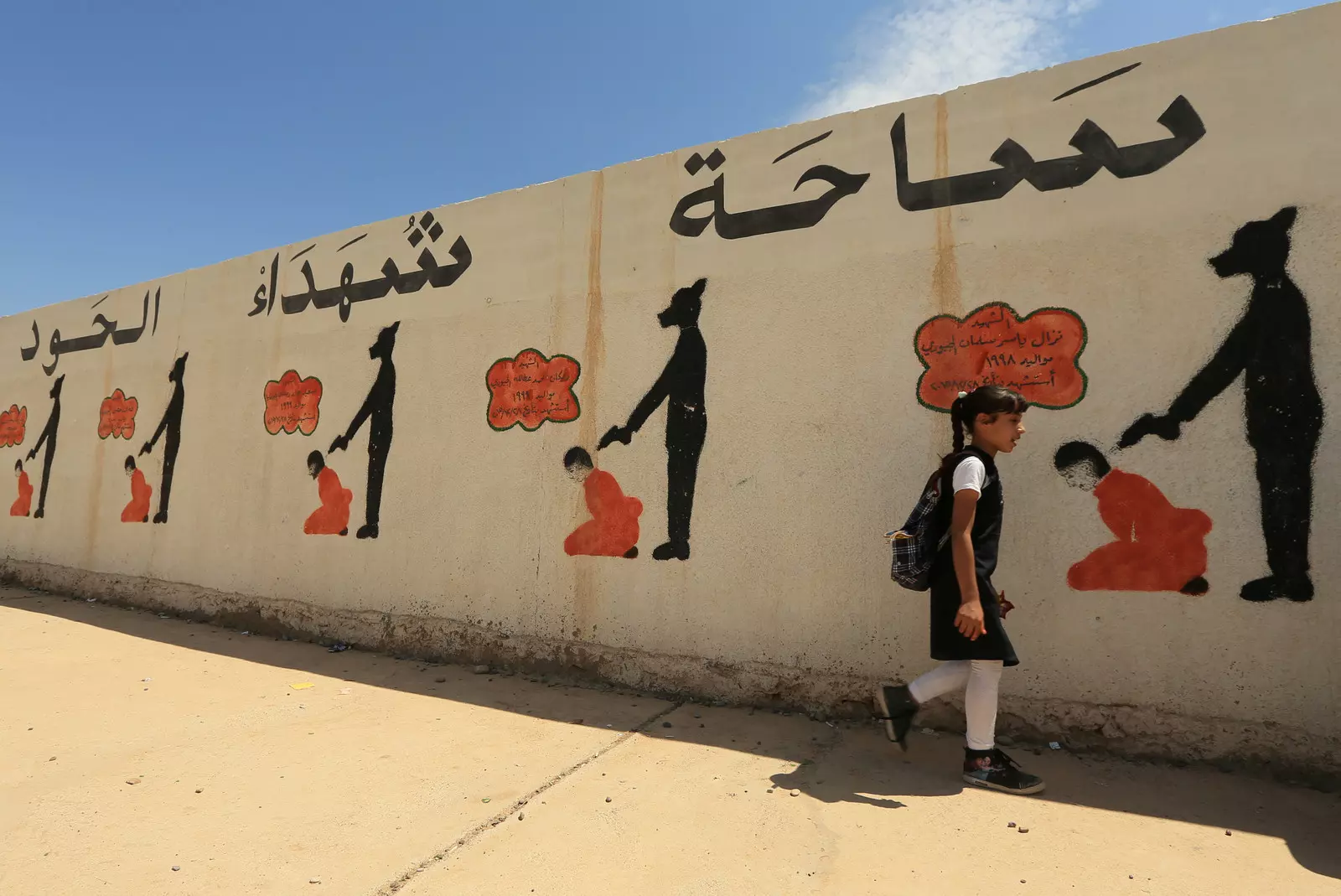Smarter investment can help prevent violent extremism. Here’s how
Smarter investment can help prevent violent extremism. Here’s how

Just when more investment is required to push back against extremist agendas and bolster resilience, less is now available. The pandemic has reinforced the recent trend away from multilateralism and investment in the global public good towards national interests. The smarter use of available funds can help. GCERF’s executive director, Khalid Kosher, and governance and partnerships coordinator write how in the World Economic Forum COVID Action Platform.
- Extremist groups are using the pandemic to promote their agendas, just as more young people are becoming vulnerable to becoming radicalized.
- The amount of funding available to push back against violent extremism is shrinking.
- However, smarter use of available funds can help NGOs to do more with less. Here’s how to achieve this.
Around the world, existing and sometimes new violent extremist groups are using the COVID-19 pandemic to accelerate their rhetoric against governments, minorities and international organizations. At the same time, more individuals – especially young people – are becoming vulnerable to the appeal of violent extremism; in lockdown, spending even longer online, facing increasing economic uncertainty, and unable to participate in the educational, social and religious events that have traditionally helped insulate them.
Yet just when more investment is required to push back against extremist agendas and bolster resilience, less is now available. The pandemic has reinforced the recent trend away from multilateralism and investment in the global public good and towards national interests. Over the next couple of years at least, overseas development budgets are likely to reduce as they typically represent a fixed proportion of shrinking national GDP, and are more likely to be refocused towards health and economic recovery.
More need, less money: what applies to preventing violent extremism (PVE) applies equally to a host of other humanitarian and development priorities – food insecurity in East Africa due to floods and locusts, the increasing frequency of natural disasters due to climate change, and record numbers of internally displaced persons, refugees and migrants, to name but a few. Here we try to square this circle by proposing smarter investment for greater impact for PVE; similar innovation is likely required in these other fields, too.
What is smarter investment?
Smarter investment requires connecting the dots. Common PVE interventions include promoting equal access to opportunities or generating social cohesion within communities at risk of becoming radicalized by violent extremist agendas. They use development inputs and principles to achieve security outcomes by investing in and enabling resilience at the community level. PVE increasingly takes place in humanitarian contexts, such as refugee camps, where the risks may be most pronounced. In other words, investing in PVE can achieve development, security and humanitarian outcomes.
Smarter investment requires leveraging funding priorities. One of the few priorities that remains undiminished by the COVID-19 pandemic is national security, and national polls around the world continue to identify terrorism as a top concern. It is clear that terrorism and violent extremism are transnational threats, whether posed by people crossing borders or ideologies in virtual space. Global investments to address the root causes of violent extremism therefore directly serve the national interest.
Smarter investment also requires breaking down silos. While many of the drivers of conflict, extremist and other violence, and fragility are often the same, the siloed multilateral system leads to local NGOs being saturated with a series of narrowly framed, short-term objectives focused on achieving limited objectives. This approach risks overlap and redundancy at best, corruption at worst.
But any investment is only as smart as its impact.
One way to reach a wider population at risk is by investing in digitalization and new technologies. In the field of PVE, there has been a lot of attention to promoting counternarratives to extremist ideology online, but otherwise the digital revolution has not been embraced, with an over-reliance on training, dialogue and mediation. While inevitably some more remote populations would be excluded, digitalizing PVE nevertheless has the potential to reach far more individuals and communities than current approaches.
Equally, a priority for PVE funding should be sustainability. This need not mean sustainable investment, which seems unlikely in the near future. A long-term return on investment can also be generated by upfront investment in the capacity of local NGOs and community-based organizations. This could entail developing political skills to lobby for their own priorities; project management skills including financing and compliance, monitoring and evaluation, and reporting, required to attract further funding; or promoting partnerships, for example with local private sector actors. Just
